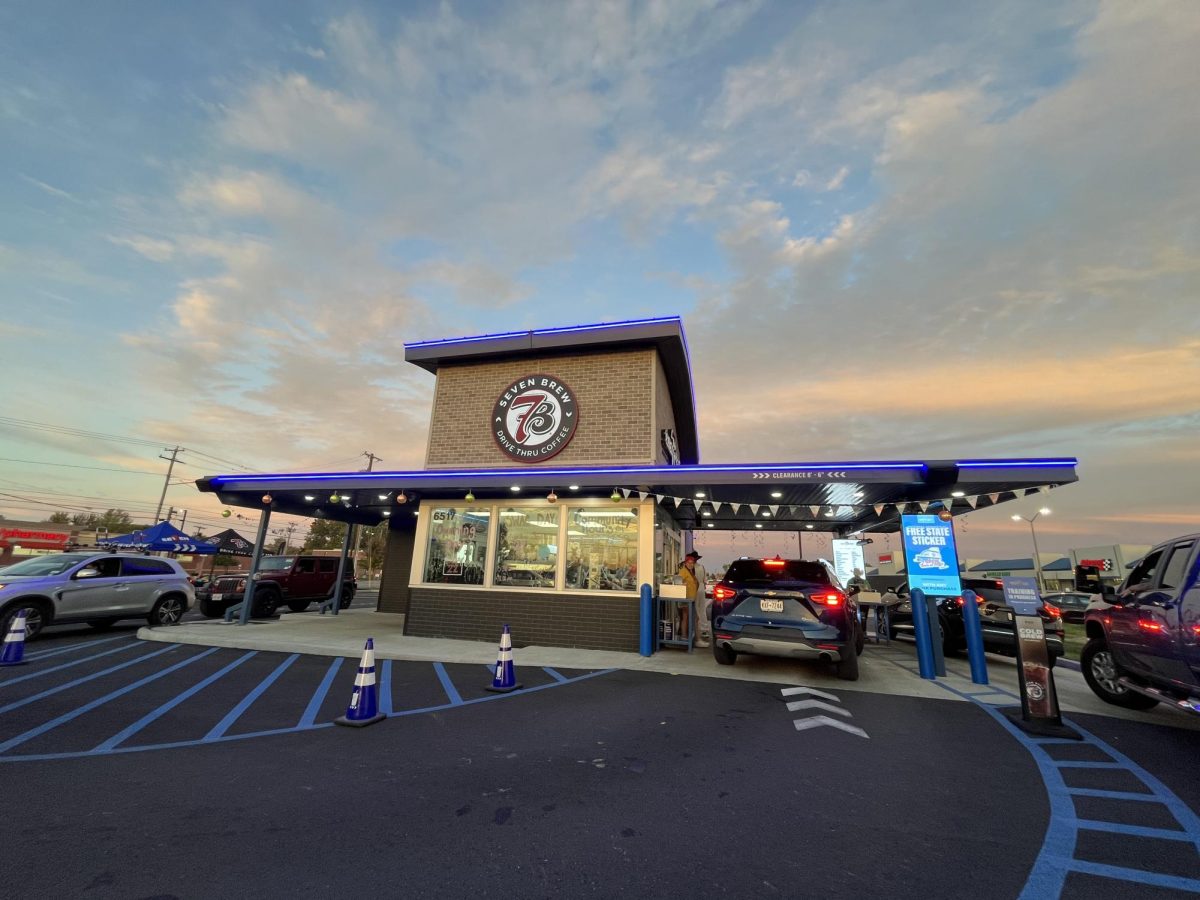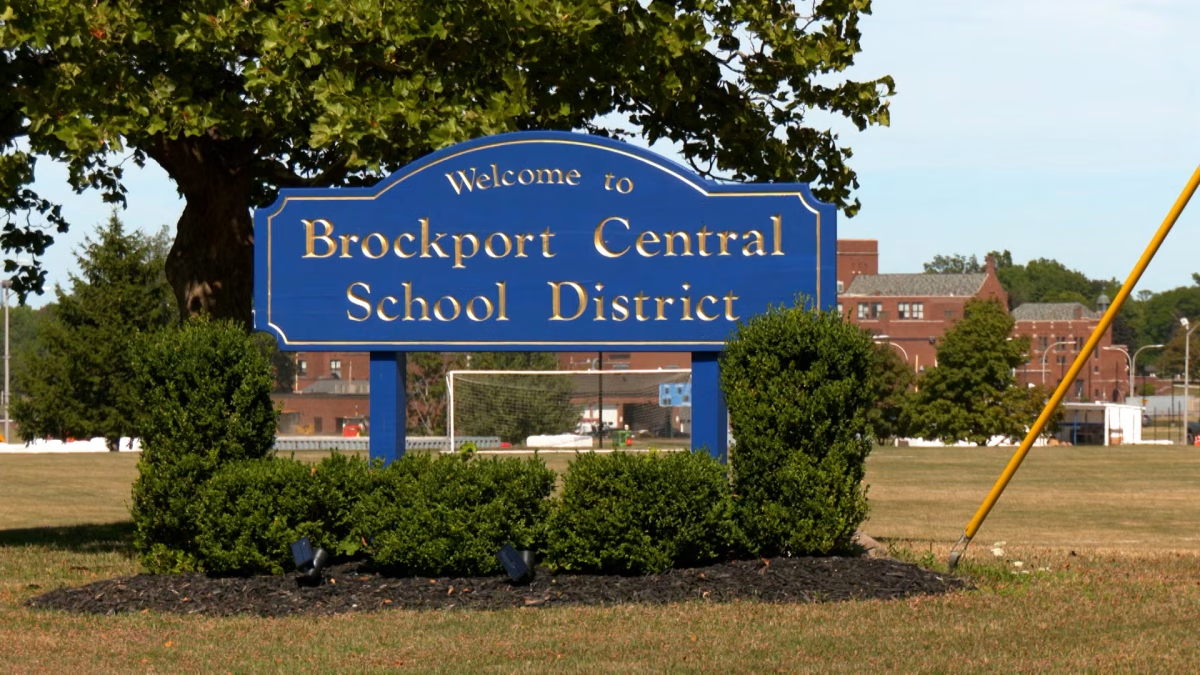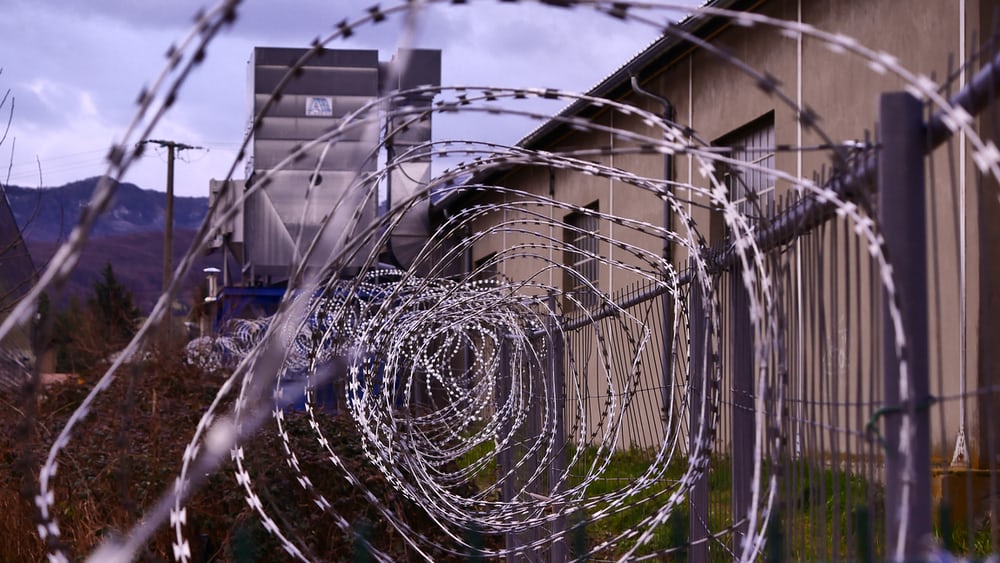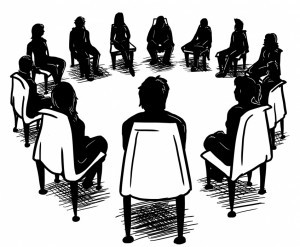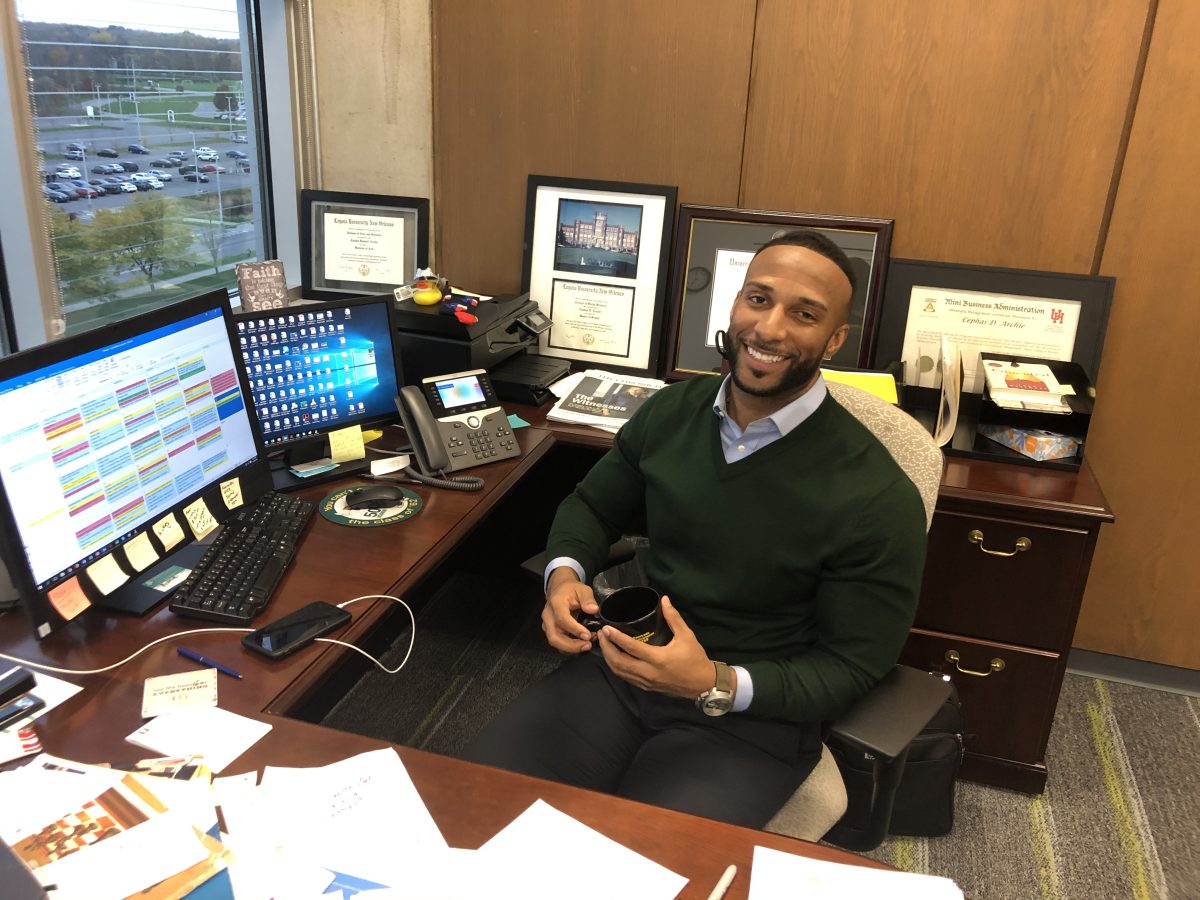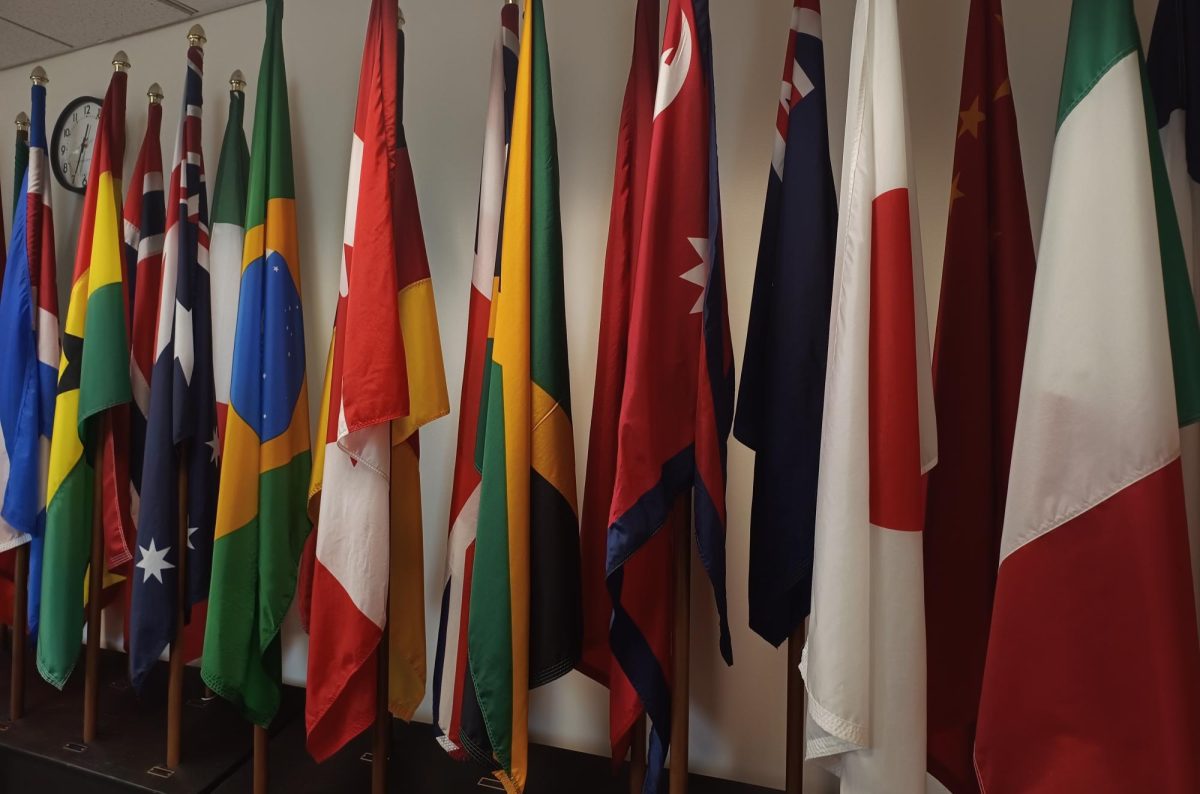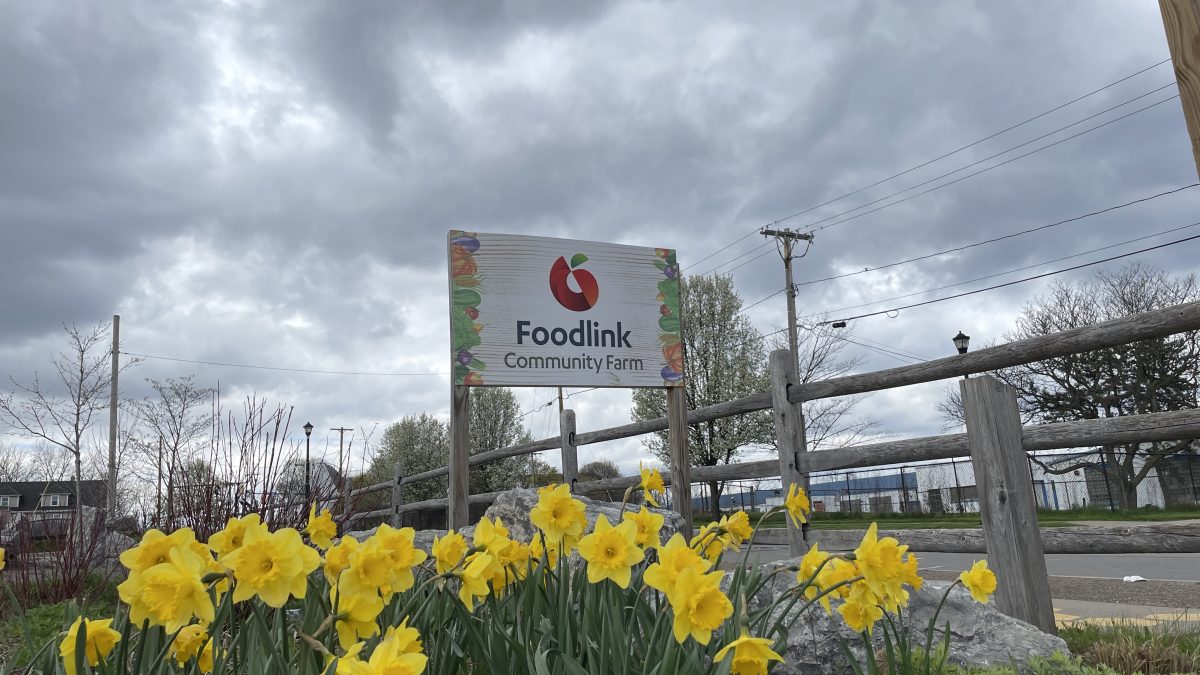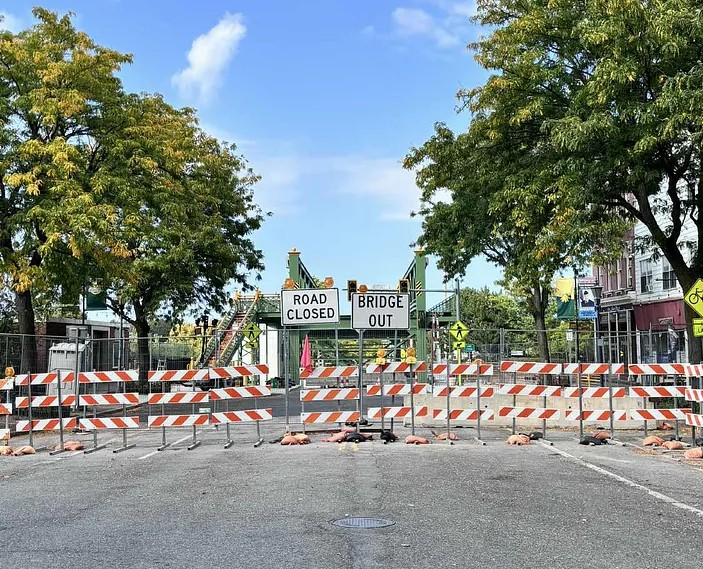BROCKPORT, N.Y. – Drugs should be decriminalized—all of them.
British poet and critic, Edith Sitwell, once said, “I am patient with stupidity but not with those who are proud of it.”
It doesn’t get much more conceitedly moronic than a pompous politician soliciting your vote so that they can pick up the torch of failure and sprint to the head of the stupid Olympics, but that’s what has continued to happen in this country.
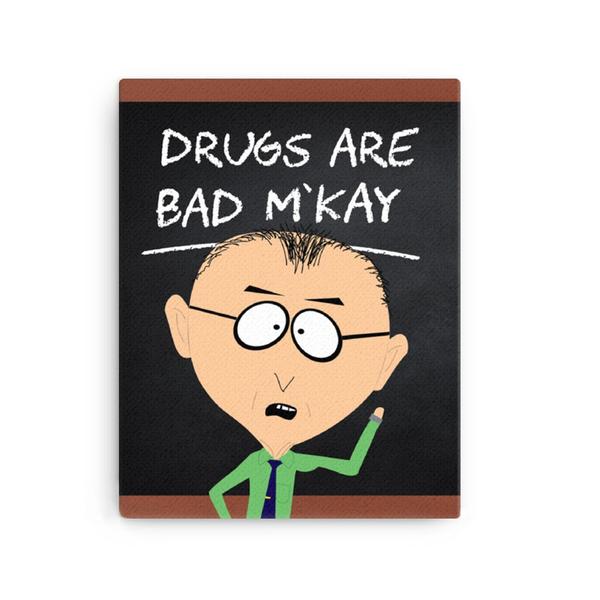
Drugs are bad; lock these people up—unless, of course, they’re a prestigious executive at a pharmaceutical company (then a large fine will do).
We now have a near-century’s worth of evidence on the abject failure of our drug policies, and the nuclear fallout from America’s war on drugs can still be seen from space. Even worse, as “nuclear fallout” would suggest, it’s been a catastrophe—doing far more harm than good in every conceivable area, and deemed by many to have been designed to do so.
Confronting America’s drug problem is, admittedly, a nightmare—it’s an issue so complex that lightly running a thumb down any thread in the social fabric is bound to pin-prick you with a hypodermic. But what seems obvious is that we are in desperate need of new ideas, even radical ones.
With the ongoing COVID-19 pandemic, it’s been easy to forget about the opioid epidemic that preceded it—a crisis that still endures with no end in sight. Opioids, like many other drugs, can be closely linked to mental health disorders, and of course, like mental health, the virus did it no favors (87,000 Americans died of opioid overdose in 2020, a record high).

With the Biden Administration’s recent announcement that it plans to temporarily extend the Trump-era policy on mandatory minimum sentencing regarding a range of fentanyl-related substances, the glimmer of hope for new, meaningful drug policy that accompanied a democratic presidency has already lost quite a bit of its shine.
The administration can tiptoe around it all they want, but claiming they need additional time, “to explore the policy’s ramifications,” doesn’t pass the smell test. Political evasion will never solve this issue, and that’s been a major problem all along.
This extension shouldn’t exactly be surprising, as Biden was one of the main architects behind the disastrous 1994 crime bill that actually incentivized incarceration—mutating the already corrosive prison system into a cottage industry.

Hopefully, the progressive wing of the party continues to assert pressure, and the administration walks this back, at the very least.
Fentanyl, like crack cocaine in the 1980s, is America’s current bogeyman. It’s an extremely powerful opioid similar to morphine but can be 50 to 100 times more potent.
As those numbers no doubt tell you, it is an extremely dangerous substance. The problem is it’s being treated as a malicious entity prescribed by criminals with murderous intent. The truth is (like it is so often), is that it’s economically expedient to produce it.
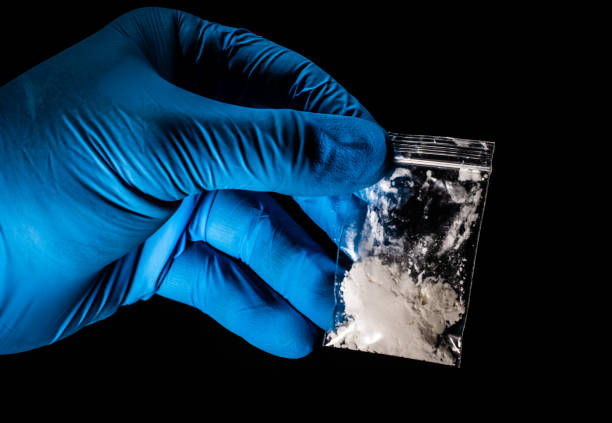
At this point, fentanyl is ubiquitous; there is no divorcing it from heroin or the street. But because it has been discovered in so many overdose deaths, it’s being portrayed as an unholy phantom to frighten suburbia.
It’s a tried-and-true method. Politicians can then point to new policy that harshly penalizes the propagation of fentanyl and pretend they’re actually addressing the issue, which, of course, they aren’t. All it does, as it has always done, is lock up the street dealer (a subgroup that is often disproportionately African-American from impoverished communities).
America should be getting its cues from countries like Portugal, a nation that has had tremendous success after decriminalizing all drugs, allocating the resources used on law enforcement to treatment and rehabilitation. Portugal’s decriminalization policy, now a decade old, has led to the country halving its substance abuse and addiction rates (among other boons).

Yes, there have been encouraging new developments in drug policy. A number of states have recently legalized or decriminalized marijuana—but addressing marijuana doesn’t go nearly far enough, and the federal position on this drug remains obstinate, to say nothing of the others.
The more addictive and dangerous drugs like heroin and cocaine require serious and comprehensive remedies, and the prison system is nowhere near capable of addressing these problems—it wasn’t designed to.
Decriminalizing these substances keeps people out of jail, allowing the resources to go where they’re needed most, like policing violent crime, and augmenting treatment and genuine rehabilitation.
But this country still remains far too short-sighted, dogmatic, and patriarchal. Like the tired archetype of the father who feels it’s his duty to threaten his daughter’s prom date, these archaic attitudes need to be retired.
Incarcerating people for drug abuse and distribution doesn’t address the underlying issue. We’re a product of our environment, and deeming this an issue of morality is as silly as it sounds. Like Portugal, and like most of the people on the frontlines would tell you—your drug addiction counselors, educators, addicts, social workers—we need to get proactive instead of reactive.
Policing is reactive, it can never solve the issue because it can only respond to it. Education, child-care, robust job markets paying livable wages, etc.—in essence, combatting poverty—is the naked cure for our nation’s drug ills. But, alas, we can’t address these issues in one fell swoop.
Nancy Reagan famously started the “Just Say No” campaign, a gimmick as toothless as it sounds, which only helped to exacerbate an already horribly managed issue. What we should be saying no to is locking people up because of addictions, compulsions, or disorders. What we can do is stop vilifying victims of circumstance. What we can do is educate ourselves on how we got here: a long con deployed in service to racism, classism, and the almighty dollar. Aren’t we sick of being conned?

